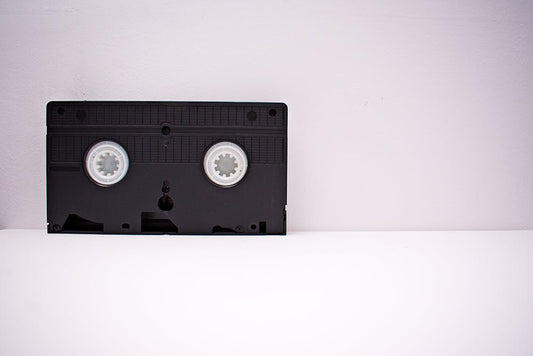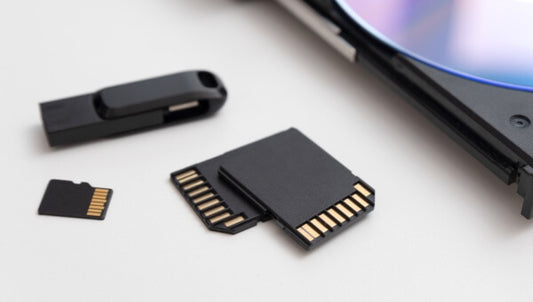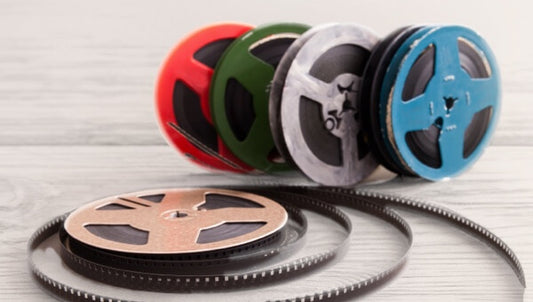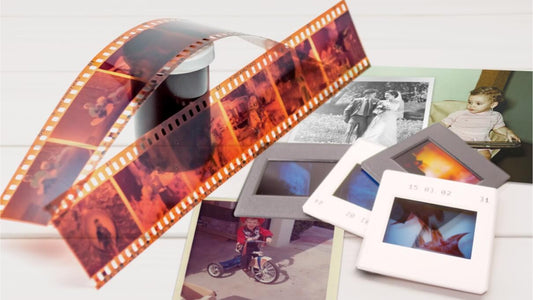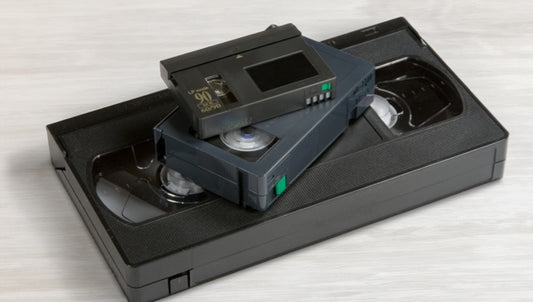Back in the day, recording video meant hauling around a camcorder, flipping out the screen, and hoping your battery didn’t die mid-shot. Now, video cameras offer Hollywood-level quality at your fingertips, making it easier than ever to capture stunning footage. But what’s the real difference between camcorder and video camera? While both record video, camcorders are compact and built for everyday filming, while video cameras offer advanced features for professional-grade production. Understanding their unique strengths helps you choose the right tool for your needs. Let’s hit rewind and dive into what sets these two devices apart!
Jump to:
Defining Camcorders and Video Cameras
Camcorders are compact devices built for recording video with ease. They combine video and audio recording capabilities in one portable package. Designed for casual users, they are perfect for everyday filming and personal projects. Their lightweight design and user-friendly features make them an excellent choice for capturing special occasions, vacations, and family moments.
Video cameras, on the other hand, are versatile tools tailored for professional use. They offer advanced features, better image quality, and options for customization, including interchangeable lenses.

Over the years, both devices have evolved significantly. Camcorders became popular in the 1980s as lightweight options for home videos, while video cameras were invented earlier, primarily for broadcasting and filmmaking. Today, each serves a unique purpose in the world of video recording.
Core Differences Between Camcorders and Video Cameras
When comparing camcorders and video cameras, several factors highlight their differences.
Size and Portability
Camcorders are smaller and lighter, making them easy to carry and use. They are perfect for casual events like family gatherings or travel. Video cameras are bulkier due to their advanced features and larger lenses. While less portable, they deliver superior performance in professional settings.
Purpose and Applications
The intended use of each device sets them apart. Camcorders are best for capturing home videos. Their simple controls and built-in features make them beginner friendly. Video cameras are ideal for professionals, including filmmakers and content creators, seeking high-quality outputs and flexibility.
Lens and Sensor Technology
The biggest difference between camcorder and video camera lies in lens and sensor quality. Video cameras often have larger sensors, enabling better low-light performance. Camcorders usually feature fixed lenses, while video cameras support interchangeable lenses for various shooting styles.
Recording Formats and Storage
Historically, camcorders used tapes, while video cameras were designed for more sophisticated media formats. Today, both devices rely on digital storage, though video cameras often support higher-capacity memory cards or external drives.
Battery Life and Usability
Camcorders are designed for long recording sessions, thanks to their efficient power usage. Video cameras typically have shorter battery life and may require external power sources during extended shoots. Their advanced settings also demand more technical knowledge.

Advantages of Camcorders
Camcorders provide many benefits, especially for beginners and casual users. They are designed to be user-friendly and practical for everyday use. Some key advantages include:
- Affordability: Camcorders are budget-friendly, making them accessible for most users.
- Ease of Use: Simple controls allow even beginners to start recording quickly.
- Built-in Features: Flip-out screens and onboard microphones enhance functionality.
- Compact Design: Lightweight and portable, they are ideal for travel and personal projects.
If you're passionate about any vintage camcorder, you’ll appreciate how modern options preserve classic design elements while integrating cutting-edge technology.
Advantages of Video Cameras
Video cameras also offer numerous benefits, especially for those seeking professional-grade results.
- Superior Quality: Delivers exceptional image and video clarity, even in challenging conditions.
- Interchangeable Lenses: Provides flexibility to adapt to various shooting styles and environments.
- Customization: Supports manual controls and adjustments for precise results.
- Advanced Audio and Lighting: Integrates with external microphones and lighting equipment for professional production.
Overlaps and Misconceptions
Over time, the gap between camcorders and video cameras has narrowed. Some camcorders now offer features like 4K recording and external microphone inputs. Likewise, some video cameras are becoming lighter and more user-friendly. This overlap can cause confusion for buyers. However, knowing your purpose and budget will help clarify the decision.
A common misconception is that camcorders are outdated. While they may lack the advanced options of video cameras, they remain practical for personal use. Similarly, an old video camera may still appeal to enthusiasts who value their unique aesthetics and performance.

Choosing the Right Device for Your Needs
Choosing between camcorder vs video camera depends on several factors, including budget, intended use, and technical expertise. For casual users, camcorders are ideal due to their simplicity, affordability, and built-in features like flip-out screens and onboard microphones. If you’re looking for the best camcorder for home videos, consider options with good battery life and image stabilization.
For professionals or those seeking high-quality, customizable footage, video cameras are the way to go. Look for models with interchangeable lenses, advanced manual controls, and external audio support. No matter your choice, selecting the right device ensures you get the best recording experience for your needs.
Keep Your Memories Safe and Your Videos Sharp
The difference between camcorder and video camera comes down to portability, features, and purpose. Camcorders are perfect for casual users who want an easy, all-in-one solution, while video cameras provide advanced customization for professional results. No matter which you choose, preserving your recordings is just as important as making them. If you have old tapes, consider video transfer in Boston to keep your memories safe in a modern format. Now that you know the key differences, you can confidently pick the best device!


